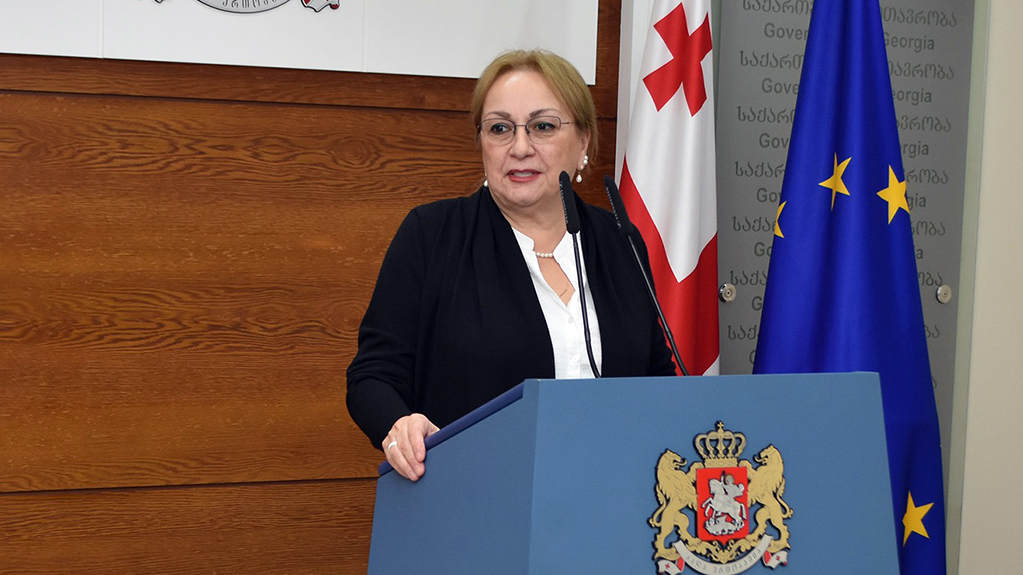Nana Machavariani, the director of the Arnold Chikobava Institute of Linguistics at Tbilisi State University, stated that the position expressed by the institute's employee, linguist Marina Beridze, during the consideration of lawsuits against the Russian law in the Constitutional Court does not align with that of the institute.
News
"Her position does not align with that of the Arnold Chikobava Institute of Linguistics. The institute did not commission such research, which she refers to as her own, and to put it briefly, it is not institutional research. Whatever topics she addressed, it would have been better if she communicated with the public in clearer language, because, as it later became evident, many people did not understand what she intended to convey or emphasize. Generally, the issues she tried to handle, in my opinion, are more psychological than linguistic, as how a person perceives certain words is a matter of their mood. The topics that this lady discussed were outside the field of linguistics. I believe that both the profession and personality were wrongly chosen," Machavariani told the pro-governmental TV channel Imedi.
Doctor of Philology and linguist Marina Beridze stated at the session of the Constitutional Court, where she was invited as a specialist by one of the plaintiffs, that she is the co-author of a study focusing on the linguistic analysis of key terms in Russian law. According to Beridze, the terms used in the law, including the phrase "carrying the interests of a foreign power," have a negative connotation.
"We removed the term 'agent,' but later, in polemical discourse, it reappears. Thus, the synonymy of these terms - 'carrier' and 'agent' - remained intact... Considering the historical and contemporary discourse, which we have researched, the expression 'an organization carrying the interests of a foreign power' can only evoke a negative reaction from the speaker of this language. Nowadays, for an ordinary Georgian, these words are merely a way to label hostile organizations.
...I will give you an example from the distant past - Ilia Chavchavadze said long ago: a man is no longer called a man unless we add 'manly.' If you don't add 'insurance agent' to 'agent,' there will always just be an 'agent,'" said Beridze.
From August 29-31, a regular session was held in the Constitutional Court regarding the lawsuits filed against the Russian law on so-called foreign agents. The plaintiffs argue that the law contradicts several articles of the Constitution and should therefore be repealed. Additionally, the plaintiffs demand that the validity of the disputed norms be suspended until the Constitutional Court reaches a final decision. In the coming days, it will be determined whether the court deems the lawsuits admissible and whether it will decide to suspend the law.
President Salome Zourabichvili, 122 non-governmental and media organizations, 38 opposition MPs, and media organizations Mtis Ambebi and Studio Monitori have appealed to the Constitutional Court against the Russian law adopted by the parliamentary majority of the ruling Georgian Dream.















